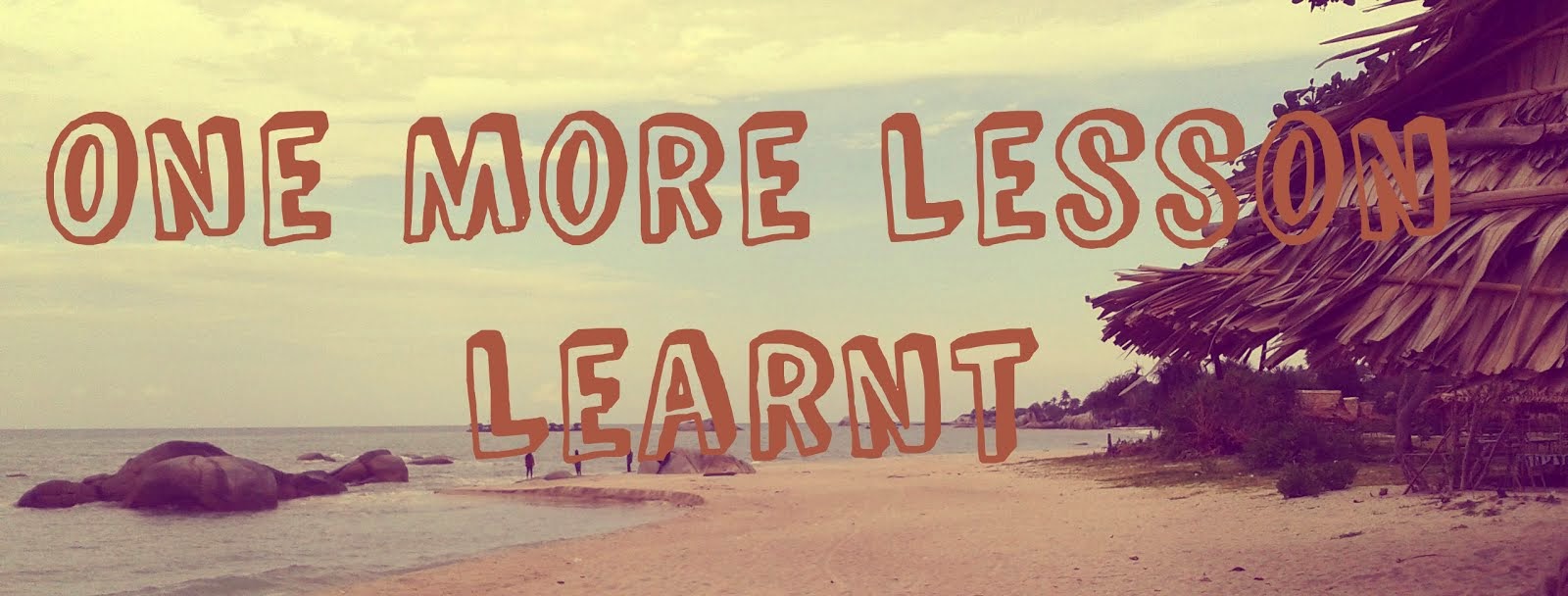Thursday, 2 April 2015
The Easter Story: The Last Supper
AN UPPER ROOM, ISRAEL. TWO THOUSAND YEARS AGO.
It had been over a thousand years since Moses had led his people from the lands of Egypt. The Lord had commanded them to remember the day they were freed, and the day that the angel of the Lord had passed over them and the Israelites lived.
The whole of Jerusalem was alive. The Jewish had come for miles around. Even towns outside of the capital were full. People slept on the hillsides, rooms were full and the streets were crowded. The people of Israel were preparing the celebrations; they were getting ready to remember.
One thousand years ago, the Israelites had been under the Egyptian oppressors. Now, they were under Roman rule. The Romans were strong and harsh: the taxes were heavy, the soldiers were ever-present, they would quash rebellion with decisive brutality.
Somewhere, in the midst of this, Jesus and his disciples were eating together.
Jesus picked up the bread, and thanked the Lord for it. He told the disciples, "This is my body." With this bread, he took it, and he tore it. The crust cracked and crumbs fell to the table. The body was broken. He passed the bread around and the disciples ate it.
Then, Jesus picked up the dark, crimson wine and thanked the Lord God for it. As the disciples drank from the cup, Jesus told them, "This is my blood".
Blood would flow again, and once more it would save the people from the threat of death. It would free them from oppression.
(Mark 14; Matthew 26)
Commentary
Although it may be anachronistic to say that Jesus' actions and words was a part of the Passover Seder (a ritualised meal to celebrate the Passover, that was not recorded until the ninth century), there are definite parallels between the events of the Egyptian exodus and what Jesus was doing here. I doubt it was coincidence that Jesus' death happened during the Passover week.
Jesus' blood was being shed; like in Egypt it was to save from death, like in Egypt it was to free his people from oppression. This was not a political oppression, however. Although the Jewish community had long been waiting for someone to save them from Roman rule, something different was going on here. If Jesus was to save them from the Romans, who would save them the next time, and the next? Something greater needed to happen: something that would transcend governments, wars and powers.
It is no wonder, then, that Christianity is no longer a Western faith. Christianity has become the faith of Central and South America, Africa and even China. It is not where political freedom and stability is found where the need for Christianity is found most keenly. It is where corruption and oppression dwell where Jesus' words hold the most resonance. Jesus, it seemed, was never for the comfortable. He would bring joy to the poor and marginalised; he would ruffle the feathers of the well-to-do and the powerful. Jesus is the King of Kings, but not in the way that we would expect.
Subscribe to:
Post Comments (Atom)


No comments:
Post a Comment